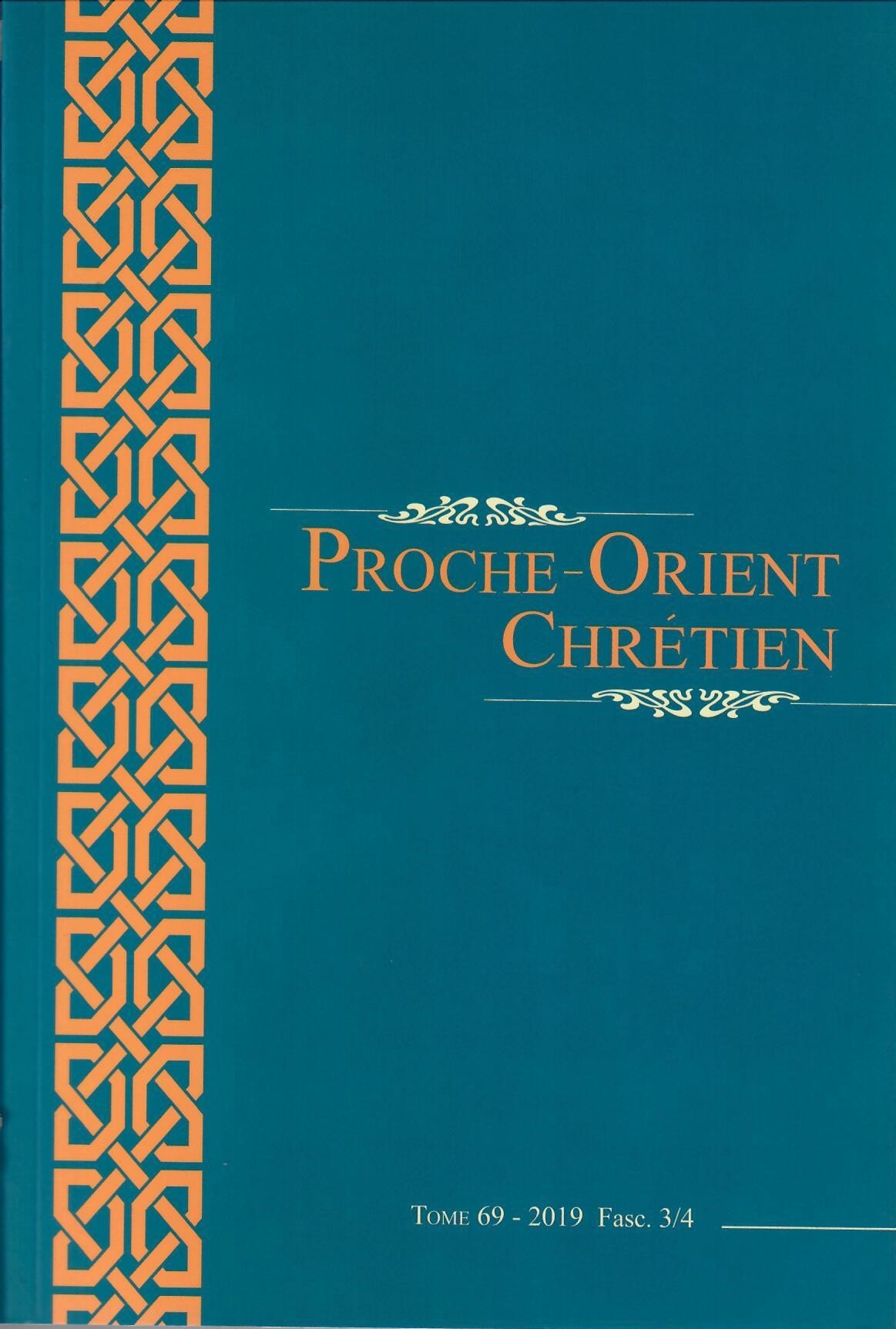Abstract
Theodorus of Mopsuestia is renowned, at least in the West, as an exegete who developed a historical method of interpreting Scriptures opposed to alexandrian « allegorism ». This reputation is to be qualified, for Thedodorus is taking up, in an original way, the traditional legacy of typological exegesis. He does so in a definite purpose: to clear the very meaning of Scriptures, their ultimate goal. In other words, to present a consistent historical background to the divine economy which, for him, is distinguished by two main notions. The first is the twofold levels of creation, and the second the pedagogical pattern. The history of salvation, for Theodorus, follows two distinct and successive steps. The first one takes place in the “first dwelling”, fitting for a weak and mortal creature, and is a way to tame the spiritual status in which consists the second one. Man can accede to this ultimate reality, which is his true vocation, only through the incarnation and resurrection of Christ. One of the consequences that he draws from this scheme is the initial mortality of Adam, together with a conception of original sin which is very different from the one substantiated in the West, following Augustine of Hippo. His disciples, particularly within the Syro-Eastern Church, will develop a deeply original understanding of Revelation as a succession, in times, of numerous “schools of holiness”. This may explain the uttermost importance, in their Church, of theological academies – starting with the most famous one, the School of Nisibis – which will shape this Church for centuries, granting it a stunning influence and an astonishing durability under harsh historical circumstances. This network of schools is but a concrete application of the principle issued from Theodorus of Mopsuestia : man under God’s guidance.

